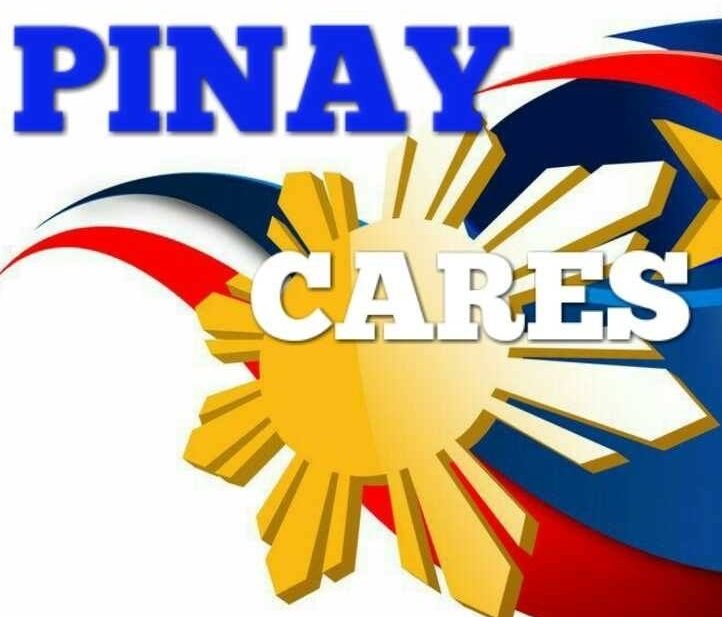Maria had always dreamed of becoming a nurse. Growing up in a small town in Iloilo, she often accompanied her mother, a midwife, to community clinics. She saw firsthand how compassion and care could change lives, especially in places where resources were scarce. Her dream wasn’t just to wear the crisp white uniform but to make a real difference in people’s lives.
After finishing her nursing degree and passing the board exam, Maria worked at a provincial hospital. Though the job gave her purpose, the pay was far from enough. Her younger siblings were still in school, her father’s small farming income was unstable, and her mother’s health was beginning to decline. She knew that if she wanted to truly help her family, she had to make the difficult decision many Filipinos make, work abroad.
An agency offered her a placement in Germany, where the demand for nurses was high. The transition, however, was anything but easy. She had to undergo months of language training, learning not just how to communicate with patients but also to understand complex medical terminologies in German. There were days she wanted to give up, but she kept reminding herself of the faces of her siblings, their futures resting on her determination.
Arriving in Germany was like stepping into another world. The hospital was equipped with advanced technology, far more than what she had back home. Her colleagues came from different nationalities, and patients spoke in rapid German, often mixed with dialects she barely understood. At first, she struggled. She recalled one night when a patient urgently asked for assistance, and Maria couldn’t immediately comprehend what he needed. That incident left her in tears, questioning if she had made the right choice.
But Maria was resilient. She practiced the language every night, wrote down new medical terms, and sought help from friendly colleagues. Slowly, her confidence grew. Soon, patients started to notice her warmth and dedication. They might not have fully understood her words at first, but they felt her sincerity in the way she held their hands during procedures, or how she patiently explained treatments with gestures and smiles.
Her journey abroad wasn’t without sacrifices. She missed birthdays, Christmases, and family reunions. There were nights she would video call her mother, who reminded her, Anak, kahit malayo ka, ramdam pa rin namin ang pagmamahal mo. (Even if you are far away, we still feel you love.) Those words became her strength.
Through hard work, Maria eventually became one of the most trusted nurses in her ward. Her supervisors recognized her for her efficiency, and patients often requested her by name. With her earnings, she was able to send her siblings to college one became a teacher, another an engineer. Her father managed to pay off their debts, and her mother’s medical needs were finally addressed.
After nearly a decade, Maria returned home for a long vacation. At the airport, her family embraced her tightly, tears streaming down their faces. She realized that every long shift, every tear shed in loneliness, and every sacrifices was worth it. She had not only provided for her family but also proven to herself was worth it. She had not only provided for her family but also proven to herself that her healing hands could make an impact anywhere in the world.
Maria’s story is not just about being a nurse it’s about being a Filipino who carries the values of compassion, resilience, and selflessness across borders. She learned that while medicine heals the body, empathy heals the soul. And that was her greatest gift as an OFW nurse.



